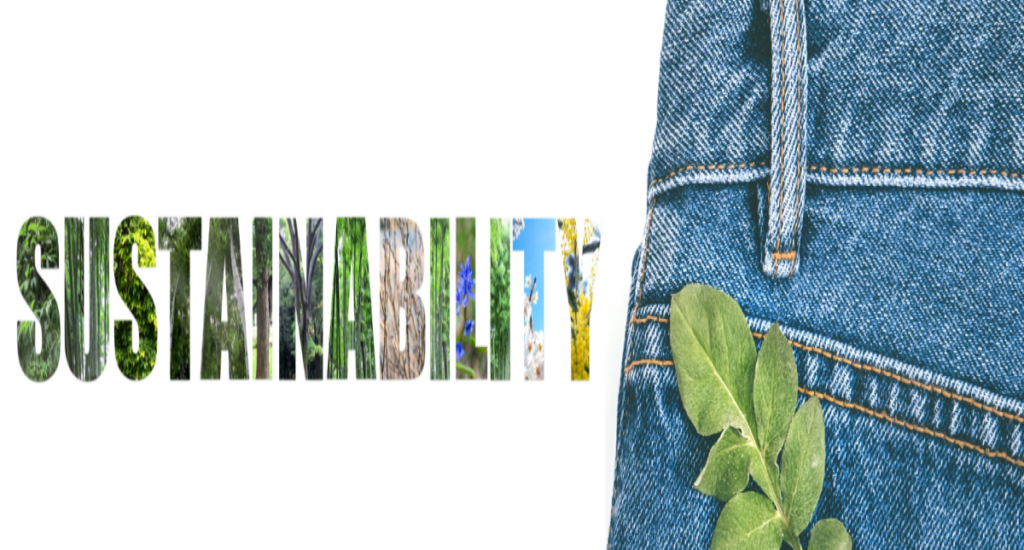Following Yvon Chouinard’s Donation Of Patagonia to a trust and future profits to a non-profit, we wanted to explore the space of ‘greenness’ in the retail sphere. There is much discussion on the very ‘hot topic’ of the planet and what businesses are doing to help the climate crisis. Most notably the discussion has turned to criticism for fast-fashion brand Boohoo on their employment of Kourtney Kardashian-Barker as Sustainability Ambassador, although being voted one of the most unsustainable brands in the UK. As well as Pretty Little Thing’s announcement of a ‘re-sale’ app for their products despite some arguing that PLT’s products are trend-led and not made to last.
The discussion continues to be very fiery and begs the question: is being seen to be green enough to keep consumers happy?
Conscious consumer: The next generation of consumer
Every purchase decision we make has the power to impact the globe. It is important consumers are aware of this and start wielding that power for good.
The growing interest in the sustainable fashion market is no fad and consumers actions are starting to speak volumes, but what is a conscious consumer? A conscious consumer (or green consumerism) is someone willing to look beyond the label. They are interested to know more about the companies they are buying from and are putting themselves in the driver’s seat of decisions around the brands they choose to support. They make purchase decisions that have positive social, economic, and environmental impacts and eliminate impulse buying.
Engagement in the sustainable fashion market is gaining momentum, especially among Gen Z. Data from YPulse shows that 79% of Gen Z consumers agree that brands should take more responsibility for fighting climate change. With fast fashion being the biggest perpetrator of waste, it is important retailers act. The fast fashion industry won’t change overnight, but what is important for consumers is to see progress and a roadmap in place for brands to build a more sustainable collection.
Green hushing
‘Clean’, ‘Organic’, ‘Eco-friendly’ are just a few words used in PR and marketing spins to tick the relevant ‘bio-boxes’ to ensure businesses keep up with the latest enviro-trends. There is much discourse on the authenticity of these terms and the subjective nature in which they are applied by marketing teams to highlight a business’ dedication to the environment. The debate continues over whether a business’ steps to help climate change and the environment are genuine and useful; but what about the businesses that don’t speak up? A new term, green-hushing, has been coined to describe the very loud silence surrounding businesses that have not yet pledged what they are doing to help the fight against climate change, whether genuine or not.
In 2014 a study found that out of 31 small businesses with the “Environmental Quality Mark, showed that just 30% of their sustainability actions were communicated to their customers” (Small99). Whilst larger corporations like Adidas appear to spearhead the environmental movement, other businesses shy away from the ‘term- that-must-not-be-named’: sustainability. There are many reasons why a business might do this. One perhaps to avoid public scrutiny on how little, or how wrong their methods appear to be, especially considering the ‘cancel culture of today. Others, perhaps, for fear of alienating customers – steering clear of green-guilt, a risk that some smaller business deem to be a great risk.
One thing is clear: staying silent is a very risky game. The collective social responsibility we have, one can argue, is to speak up to inspire change- no matter how little that change may be.
Like the age-old expression, any publicity is good publicity, is any green better than no green?
For more information contact Zoe Alex on 020 7092 8000
Get in touch




